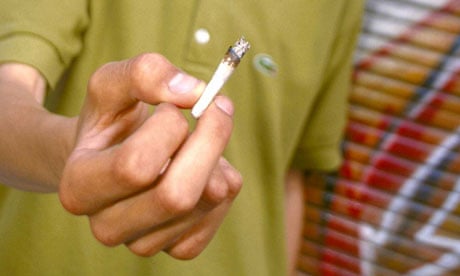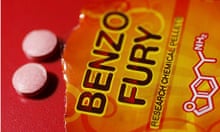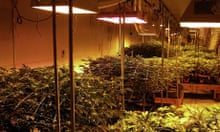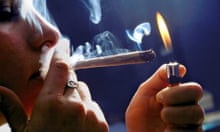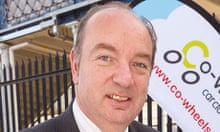Whenever the pro-cannabis lobby starts agitating for legalisation, there is one crucial question that is always glossed over. They trot out the evidence proving that legalisation will hurt the drug cartels, help the terminally ill and even boost the economy.
I understand the logic behind those arguments. I accept there are sick people who claim cannabis is the only analgesic in existence that will give them pain relief, despite there being literally hundreds of alternatives . I accept that if you taxed drugs you would generate billions for the economy. I even listen sympathetically to what the "give-a-spliff-a-chance" brigade say about not criminalising "recreational" users who are, apparently, perfectly normal, functioning citizens who should not be labelled criminals.
What I don't understand at all is what decriminalisation of drugs will do for addicts. I mean not only active addicts who are locked in compulsive drug use, but also those millions of potential addicts, most of them children, who have not yet picked up their first drug and could go either way.
Perhaps Amanda Feilding, Countess of Wemyss and March, can explain it to me. She heads the Beckley Foundation, a thinktank that exists to change drugs policy and which will this week publish a 143-page costed analysis of what would happen if cannabis were licensed and regulated in England and Wales. To me, it jars more than a little that Feilding sits in an Oxfordshire country house called Beckley Park and tells the rest of us that she wants to unleash more cannabis on our streets.
I don't live in a stately home built during the reign of Henry VIII. I live in Balham, south-west London, and I remember very well how in July 2001 they started a 13-month decriminalisation trial in Lambeth. During that time, you couldn't walk to the station in the morning without getting high on the smoke being puffed out all over the place by every Nike-wearing hoodlum.
It didn't lure me astray – I'm done with my youthful experimenting – but it did occur to me that it was not all that helpful to parents trying to warn their kids not to try skunk when they could sample it just by breathing the air.
But let's give the countess a hearing. The study has been conducted by the Institute of Social and Economic research is advertised as "a model of rigorous academic analysis". It will set out three possible scenarios of what it thinks is most likely to happen following decriminalisation. The fact that they don't know any more precisely than saying "well, it will be one of three things", ought to cause enough alarm, but there we are. The scenarios apparently focus on the likely market shares for illegal and legal cannabis.
The report will call for cannabis to be taxed at 70%, the level of the mind-altering substance tetrahydrocannabinol (THC) limited to 10% and a substance that balances out the THC, called cannabidiol, increased somewhat. This, it says, would counter the explosion of super-strong skunk, linked to psychosis.
They estimate the revenue generated for the exchequer would be up to £1.25bn. Feilding says it is all about allowing the state to protect the young better than the drugs cartels will.
I am sure the countess is right that the move would bring in revenue. Before long the exchequer would be doing a booming trade in misery, although at £1.25bn that's still only one eightieth of the possible cost of HS2. I also note what she and others say about the street drugs being traded illegally being stronger and more harmful than those that could be sold "safely" over the counter. But I suspect young drug users won't want the cannabis they can get legally. If it's a case of buying something they are allowed or looking for something that is more illicit, they will still seek out a dealer to buy some of the super-strength stuff.
The countess is also fond of quoting statistics showing that cannabis kills far fewer people than tobacco. She claims 200,000 people around the world die from illegal drugs compared with five million from tobacco.
But if that is so, it is probably because so few do cannabis. And given that nice low figure of cannabis deaths, wouldn't it be better to keep the numbers down, rather than boost them up to levels commensurate with drink and cigarettes by making it more acceptable to do it?
The legalisation lobby is right to point out the inconsistency in some substances being banned and some not. It is a messy compromise, but it is the best compromise we have.
It is a misconception to say you have to either legalise everything or ban everything. What is needed, more than ever in our "everything goes" society, is a bit of restraint every now and again. If the only thing we ever achieve with drugs policy is to make sure our kids don't get the idea to try drugs after inhaling secondhand skunk while they are walking to school, we can at least look ourselves in the mirror.
